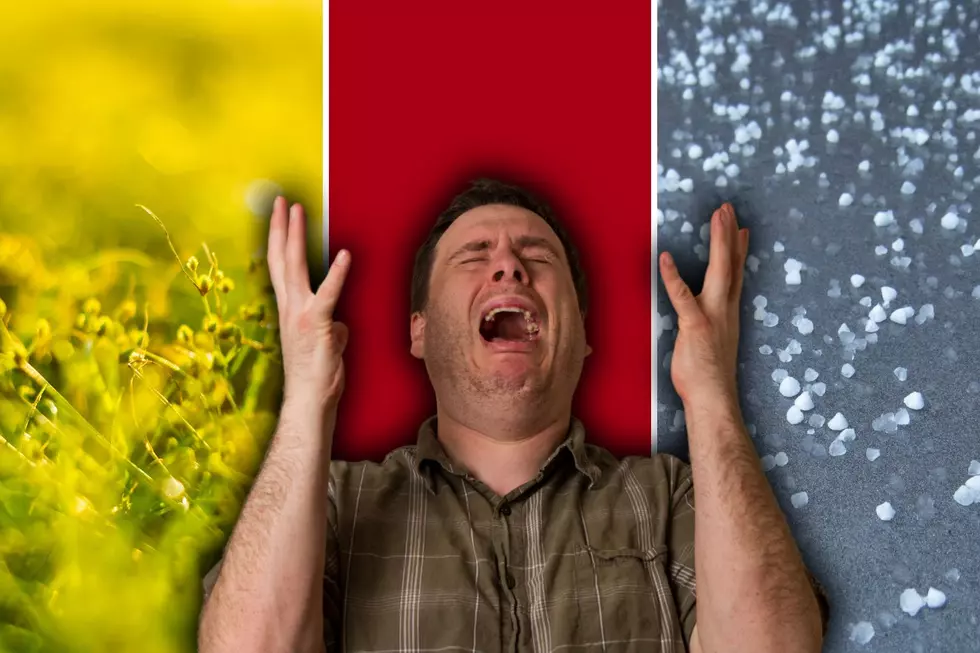
Why Illinois Needs to Get in on This ‘No-Mow May’ Thing Like Wisconsin
There's a movement (or lack thereof) in Wisconsin that has people opting to NOT mow their lawns until June and here's the reason why, and it's pretty good.
A few years ago, I moved my family into a home that I didn't know was surrounded by what I can only describe as a cult and I'm not interested in joining.
Our home is surrounded by retired men with lawns that look like golf courses. These men with these amazing yards are on their mowers at least twice a week. I can't keep up with that. We have an obnoxiously large backyard and it takes me over two hours to mow it all.
The 'retired men lawnmowing cult' will most definitely pay us a visit if we decide to join this growing movement out of Wisconsin.

What is 'No-Mow May'
Just two years ago in Appleton, Wisconsin, 'No-Mow May' began as a way to help boost the population of bees and other pollinators.
According to wpr.org, The idea is for homeowners to let their lawns get a little overgrown for a few extra weeks to ensure that bees that are coming out of hibernation have plenty of options for the nectar and pollen they need.
Me letting our lawn go untouched until the month of June would drive my neighborhood cult absolutely crazy.
This is of course a voluntary movement but is growing in pretty big ways. 'No-Mow May' has spread to other cities and towns around Wisconsin, including:
- Wausau
- Oshkosh
- Fort Atkinson
- Stevens Point
- De Pere
- Wisconsin Rapids
- La Crosse
In 2022, 'No-Mow May' will also be observed in Ann Arbor, Michigan; Bangor, Maine; and New York's Hudson Valley.
Why is a No-Mowing Initiative Needed
Here's the answer to that big question above: There are some pretty hefty declines in wild bee populations in the 21st century. It's a serious enough problem that the United Nations characterizes it, in the article at wpr.org as,
a threat to the global food supply.
There are a few other factors that contribute to the bee population loss, but the biggest one is the loss of habitats. Keeping our mowers turned off for a few extra weeks will do a lot toward ensuring there's enough food supply for the bees coming out of hibernation.
If you wish to start this movement where you are, it seems the only necessary step to take, other than keeping your mower in the garage or shed, is to contact local lawmakers and ask them to temporarily waive enforcement of ordinances that require us to maintain our lawns.
Israel Del Toro, a biology professor at Appleton's Lawrence University also shared that the pollinators most affected are not the bees we see most often. They're not like honey bees or bumblebees that live in colonies,
They're solitary little organisms, Del Toro said, and they do the vast majority of pollinating in our urban ecosystems and in our agricultural ecosystems.





